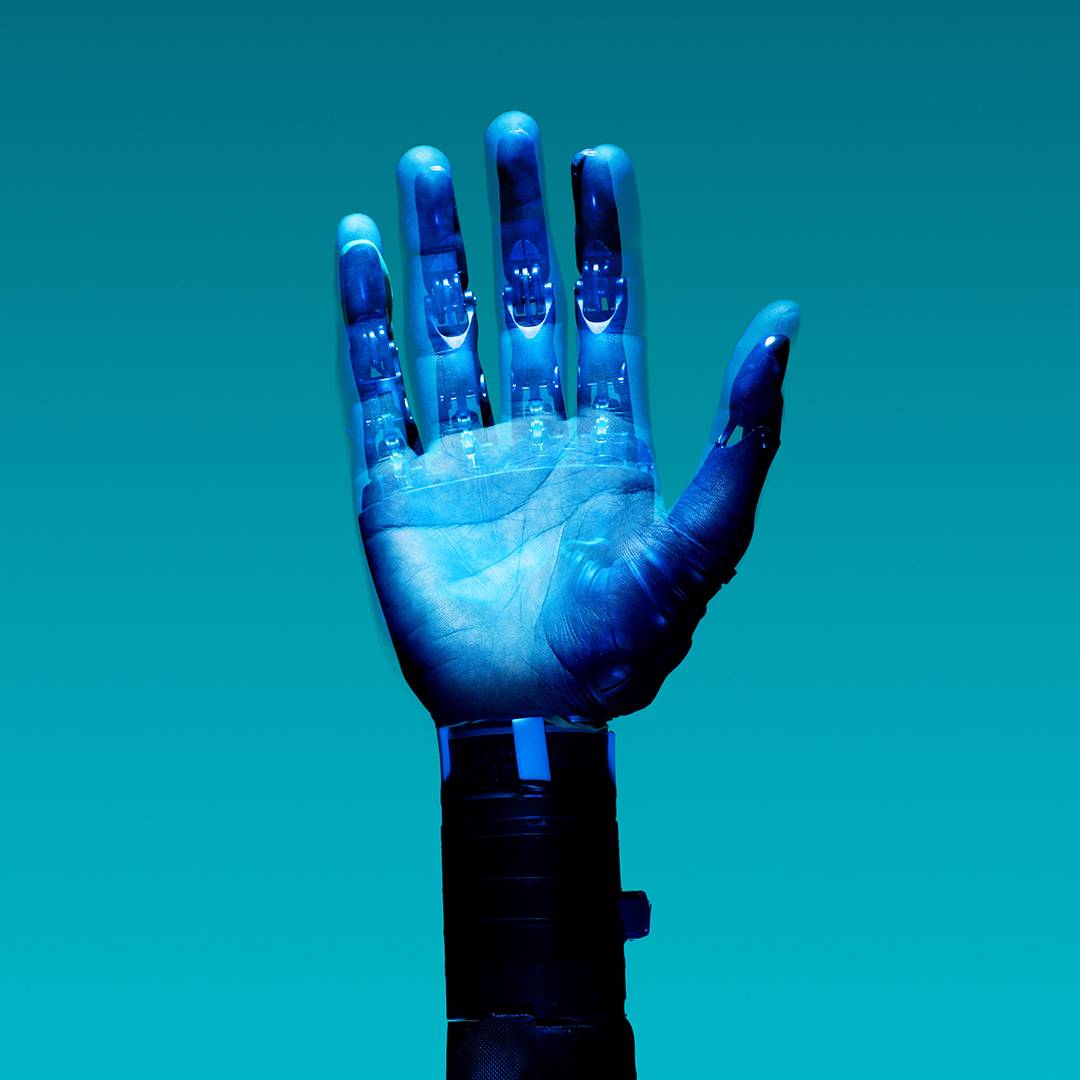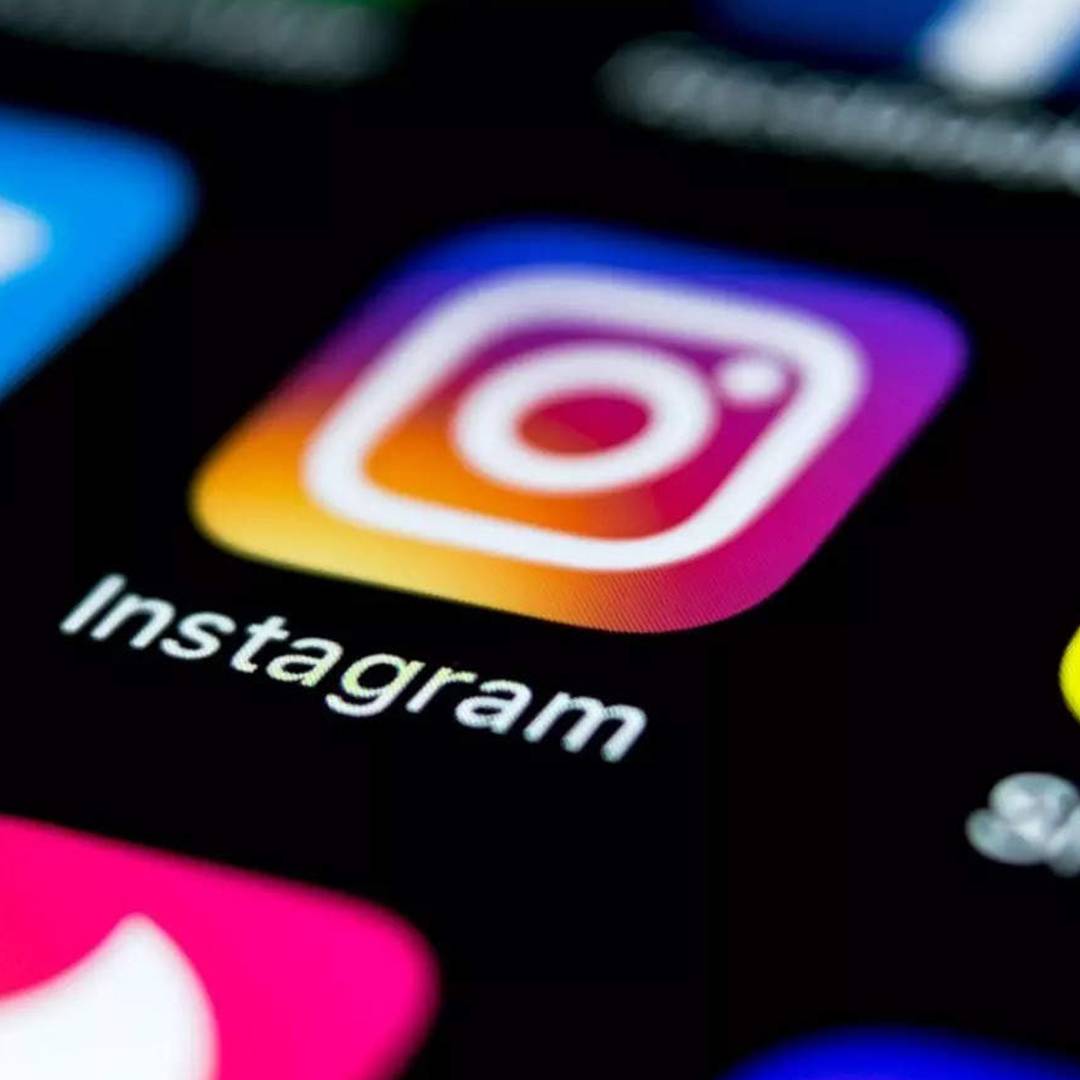Is AI-Generated Music The Next Big Thing Or Another Copyright Nightmare?
The music industry has witnessed a surge in the use of artificial intelligence (AI) in various aspects of music production, distribution, and marketing. As AI-generated music gains popularity on streaming platforms such as Spotify and Apple Music, Universal Music Group recently issued a statement urging these platforms to discontinue allowing AI to train on their datasets and remove AI-generated music. This decision follows the viral success of “Heart On My Sleeve,” an AI-generated hit that emulated the styles of popular artists like The Weeknd and Drake.
Using AI in music raises important concerns regarding copyright laws and creator protections. Visual artists have already experienced copyright issues due to their works being used to train AI models, resulting in lawsuits against the companies using these models. Similarly, music creators and rights holders are apprehensive about potential copyright issues, which could not only affect the music industry but also other forms of entertainment. This highlights the need for robust legal frameworks to address the complex intellectual property issues arising from the use of AI in creative endeavors.
The music industry is a precursor to upcoming developments in various fields. The emergence of AI is not merely a fad, but it is revolutionizing procedures, decreasing barriers to entry, and eliminating certain job roles. With the increasing potency and availability of AI, audiences will be equipped with more robust and user-friendly tools to create on their own. The music industry needs to confront the wider concerns about creator rights and resolve the dichotomy between market demands for rapid expansion and the challenges posed by AI.
Click here to read the full article.



